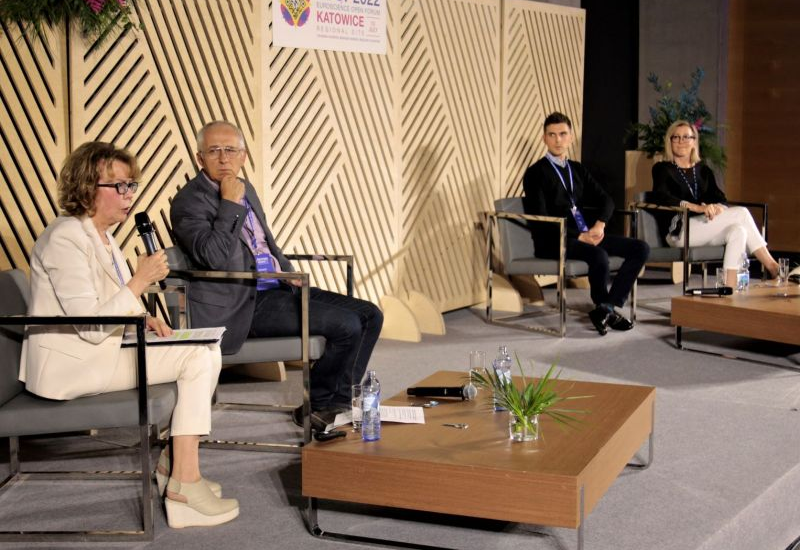It’s been more than a year since the Euro Science Open Forum (ESOF) 2022 science conference was held in the Dutch city from July 13 to 16, 2022, as part of the celebration of the European City of Science 2022, which was Leiden. At the same time, Katowice – a city preparing to accept the title of European City of Science 2024 – hosted a conference accompanying the ESOF2022 Regional Site on July 15, 2022. The meeting was held at the International Congress Center.
The conference featured a panel titled “Make brain, do not drain – facing the dilemma of scientific excellence” dedicated to the challenges faced by universities struggling with the outflow of scientific staff to institutions, regions and countries more attractive to qualified experts.
During the meeting, participants considered whether European universities can still be considered the most prestigious in the world, as well as the place of Chinese academic institutions in the world. The name of the panel refers to the phenomenon of “brain drain” – the pressing problem of promising researchers moving from poorer countries to richer ones to realize their full potential there at prestigious universities. What can be done to keep them at their home universities? How can scientific centers that do not enjoy such fame as, for example, the American Harvard University or the British Oxford University compete with them?
Panel participants were:
Prof. Barbara Kozusznik – director of the Interdisciplinary Centre for Staff Development at the University of Silesia (chairwoman),
Prof. Richard Griffith – Florida Institute of Technology, United States (online),
Grzegorz Filipowicz – director of ForFuture, president of the Polish HR Business Partner Association,
Prof. Malgorzata Kozusznik – Ghent University, Belgium,
Dr. Mateusz Paliga – University of Silesia in Katowice, Poland,
Katarzyna Wiecek-Jakubek – head of the HR Department at the University of Silesia in Katowice.
The panel was part of the theme of the project “ICRK – think tank for the development of key competencies of personnel of the future for Polish science” and took place just before the formal completion of the study of the competencies of employees of Polish research universities.

